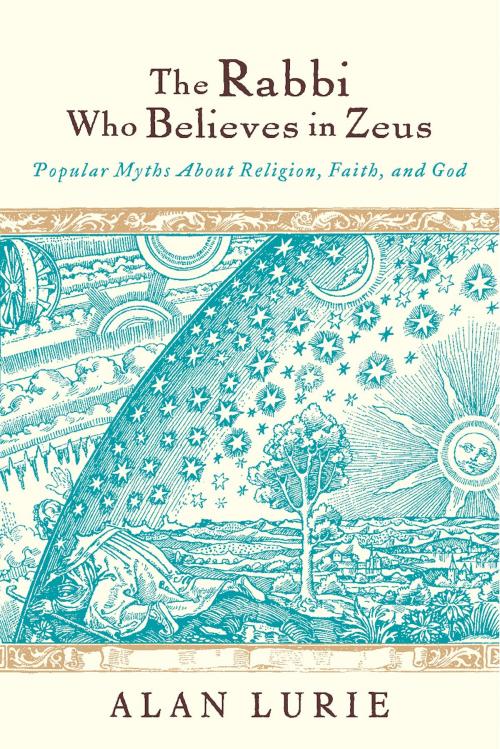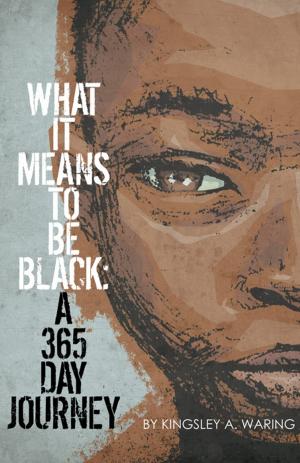The Rabbi Who Believes in Zeus
Popular Myths About Religion, Faith, and God
Nonfiction, Religion & Spirituality, Theology| Author: | Alan Lurie | ISBN: | 9781483505336 |
| Publisher: | BookBaby | Publication: | August 30, 2013 |
| Imprint: | Language: | English |
| Author: | Alan Lurie |
| ISBN: | 9781483505336 |
| Publisher: | BookBaby |
| Publication: | August 30, 2013 |
| Imprint: | |
| Language: | English |
What is the purpose of religion? What is the meaning of faith? What is the nature of God? These are basic questions that have been asked by human beings for thousands of years. But recently these questions have erupted into open battle between two opposing camps. One side argues that religion is inherently destructive, that faith is irrational, and that God is a relic of archaic civilizations and immature science. The other responds that there is one true religion, that faith is the commitment to this religion, and that God is described in its holy documents. Each camp seeks to prove why the other is at best wrong, and at worst dangerous. These extremist positions present either/or choices between faith and reason, religion and science, and have led to condemnation, demonization, and even a rejection of the very idea of finding common ground. This divisiveness, which has been dubbed the “God Wars”, however, is based on common myths about religion, faith, and God, which have become so popular that they are often assumed, even by well-intended, educated people, to be unquestionably true. These myths include the ideas that religion is the cause of most wars, that faith is the blind acceptance of religious doctrine, that all religions worship different, conflicting gods, and that God is a physical being of some sort who is fully described in religious Holy Texts. While some of these myths may be true for a minority of the population, they do not describe normative religious beliefs and practices for the majority of believers today or in the past, and are not supported by the facts of history. THE RABBI WHO BELIEVES IN ZEUS corrects these myths by presenting religion, faith, and God in the light of history, theological insights, and personal experiences. The book then explores the reasons why these harmful myths so stubbornly persist, and closes with specific spiritual practices that can be used to heal the division and promote personal and communal growth.
What is the purpose of religion? What is the meaning of faith? What is the nature of God? These are basic questions that have been asked by human beings for thousands of years. But recently these questions have erupted into open battle between two opposing camps. One side argues that religion is inherently destructive, that faith is irrational, and that God is a relic of archaic civilizations and immature science. The other responds that there is one true religion, that faith is the commitment to this religion, and that God is described in its holy documents. Each camp seeks to prove why the other is at best wrong, and at worst dangerous. These extremist positions present either/or choices between faith and reason, religion and science, and have led to condemnation, demonization, and even a rejection of the very idea of finding common ground. This divisiveness, which has been dubbed the “God Wars”, however, is based on common myths about religion, faith, and God, which have become so popular that they are often assumed, even by well-intended, educated people, to be unquestionably true. These myths include the ideas that religion is the cause of most wars, that faith is the blind acceptance of religious doctrine, that all religions worship different, conflicting gods, and that God is a physical being of some sort who is fully described in religious Holy Texts. While some of these myths may be true for a minority of the population, they do not describe normative religious beliefs and practices for the majority of believers today or in the past, and are not supported by the facts of history. THE RABBI WHO BELIEVES IN ZEUS corrects these myths by presenting religion, faith, and God in the light of history, theological insights, and personal experiences. The book then explores the reasons why these harmful myths so stubbornly persist, and closes with specific spiritual practices that can be used to heal the division and promote personal and communal growth.















